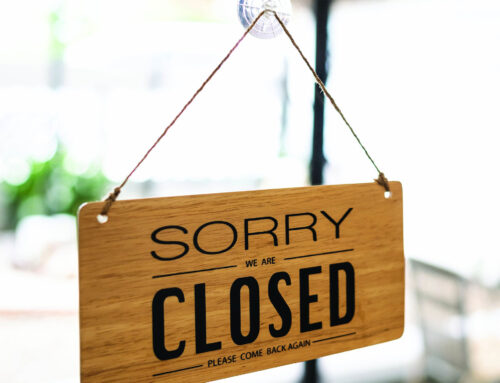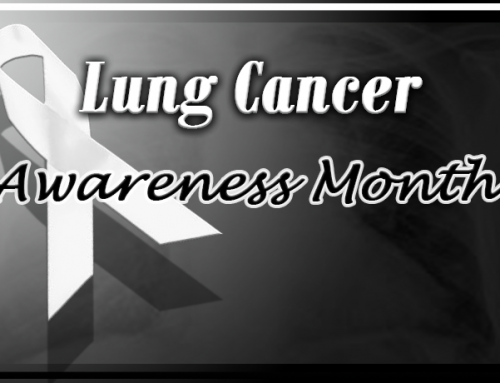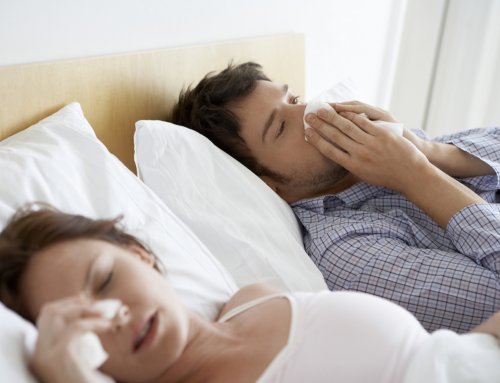There is a lot of interest in the news media recently whether covid-19 pneumonia patients’ lungs are worse than a smoker’s lung. Answer to this question depends on the status of the patient. If a patient is admitted to hospital due to COVID-19 pneumonia, their lung is likely worse than any patient with smoker’s lung i.e. COPD or emphysema lung. In COVID-19 pneumonia, chest x-ray or CT chest shows diffuse lung disease mostly in the lower part of the lungs. However, once patients develop respiratory failure, they develop diffuse lung disease, easily visible in all areas of the chest x-ray. In the case of a patient with COPD or emphysema, lung function is irreversible unless they have pneumonia simultaneously.
Comparison of chest x-rays shows that in healthy lungs, images are mostly black which reflects air in the lung. However in a smoker’s lungs, images are hyperlucent which means it’s more dark black than normal lungs. In case of COVID-19 pneumonia, images shows diffuse ground glass opacity meaning images show more whitish areas than black
While there is a risk COVID-19 can inflict long-term lung damage, particularly among people with preexisting lung conditions, there is hope for improvement. September report from the European Respiratory Journal found coronavirus-induced lung inflammation and fluid buildup appeared to improve steadily over 12 weeks, hinting at an innate repair mechanism within the lungs. The finding is promising but will require further research given the small size of the study with only 82 patients, mostly male and average age over 50. In another recent study published in the Lancet, it has been shown that 70% of the patients still have abnormal CT chest 3 months after recovery from covid-19 pneumonia and 22% of patients have abnormal pulmonary function test.
Following are common questions asked by patients about COVID-19 lung and smoking.
Is a smoker at a higher risk of getting the COVID-19 virus than a non-smoker?
There are no peer-reviewed studies that have evaluated the risk of SARS-CoV-2 infection associated with smoking. Smoking water pipes, also known as shisha or hookah, often involves the sharing of mouth pieces and hoses, which could facilitate the transmission of the COVID-19 virus in communal and social settings.
Do smokers get more severe symptoms of COVID-19 if infected?
Smoking any kind of tobacco reduces lung capacity and increases the risk of many respiratory infections and can increase the severity of respiratory diseases. COVID-19 is an infectious disease that primarily attacks the lungs. Smoking impairs lung function making it harder for the body to fight off coronaviruses and other respiratory diseases. Available research suggests that smokers are at higher risk of developing severe COVID-19 outcomes and death.
What are the effects of COVID-19 on the lungs?
About 14% of COVID-19 cases are severe, with an infection that affects both lungs. As the swelling gets worse, your lungs fill with fluid and debris. You might also have more serious pneumonia. The air sacs fill with mucus, fluid, and other cells that are trying to fight the infection
What kind of lung complications can COVID-19 cause?
Majority of moderate to severe COVID-19 patients have pulmonary complications including cough, shortness of breath, pneumonia and respiratory failure. In critical COVID-19 patients — about 5% of total cases — the infection can damage the walls and linings of the air sacs in your lungs. As your body tries to fight it, your lungs become more inflamed and fill with fluid. This can make it harder for them to swap oxygen and carbon dioxide. This results in severe acute respiratory failure and a need for ventilator use.
Is smoking dangerous during COVID-19 pandemic?
Current evidence suggests that the severity of COVID-19 disease is higher among smokers. Smoking impairs lung function, making it more difficult for the body to fight off respiratory disease due to the new coronavirus.
Tobacco users have a higher risk of being infected with the virus through the mouth while smoking cigarettes or using other tobacco products. If smokers contract the COVID-19 virus, they face a greater risk of getting a severe infection as their lung health is already compromised.






Leave A Comment